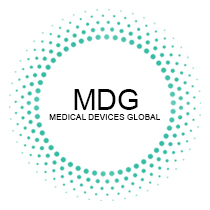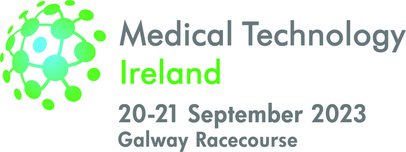The world of medical device technology is in a state of constant evolution, with innovations emerging at an unprecedented pace. In this article, we explore some of the most promising and groundbreaking trends in medical device technology that are set to shape the future of healthcare.
1. Internet of Medical Things (IoMT)
The IoMT refers to the interconnectedness of medical devices and healthcare systems via the internet. From wearable health trackers to remote monitoring devices, the IoMT enables real-time data collection, analysis, and communication, allowing for proactive healthcare management and early intervention.
2. Nanotechnology-Enabled Devices
Nanotechnology is revolutionizing medical devices by enabling precise drug delivery, imaging at the cellular level, and the development of miniature yet powerful diagnostic tools. These devices promise to enhance the accuracy of diagnoses and treatments while minimizing invasiveness.
3. Bioresorbable Implants
Bioresorbable implants are designed to be absorbed by the body over time. They eliminate the need for additional surgeries to remove implants and reduce the risk of complications. These implants are already used in orthopedic, cardiovascular, and neurosurgical applications.
4. AI-Enhanced Surgical Robots
Surgical robots are becoming smarter and more versatile with the integration of AI. These robots assist surgeons in performing complex procedures with unprecedented precision. AI algorithms analyze data in real-time, offering suggestions and enhancing the surgeon’s capabilities.
5. Point-of-Care Testing (POCT) Devices
POCT devices provide rapid, on-site diagnostic results, reducing the need for time-consuming laboratory tests. These devices are invaluable in emergency settings, remote locations, and for monitoring chronic diseases like diabetes.
6. 3D Bioprinting for Organ Transplants
3D bioprinting technology is advancing the possibility of printing functional human organs. While still in its infancy, this technology has the potential to address the global shortage of organ donors and revolutionize transplantation procedures.
7. Smart Contact Lenses
Smart contact lenses are being developed to monitor glucose levels in tears, making them a potential game-changer for diabetics. They offer continuous glucose monitoring without the need for frequent blood tests.
8. Augmented Reality (AR) in Surgery
AR is being incorporated into surgical devices to provide surgeons with real-time, augmented views of the surgical field. This technology enhances visualization and precision, reducing the risk of errors during surgery.
9. Mind-Controlled Prosthetics
Neuroprosthetics controlled by the user’s thoughts are offering greater mobility and independence to individuals with limb loss. These devices are advancing thanks to breakthroughs in brain-computer interface technology.
10. Personalized Medicine Devices
Medical devices are increasingly tailored to individual patient profiles. From 3D-printed implants to medication dosing based on genetic data, these personalized approaches improve treatment outcomes and reduce adverse effects.
Conclusion: Shaping the Future of Healthcare
These emerging trends in medical device technology hold the potential to revolutionize healthcare delivery, diagnosis, and treatment. As technology continues to advance, it is imperative for healthcare professionals, device manufacturers, and regulators to stay informed and collaborate in order to harness these innovations for the betterment of patient care. Medical Devices Global remains committed to providing comprehensive coverage and insights into the dynamic world of medical device technology and its transformative impact on the future of healthcare.


